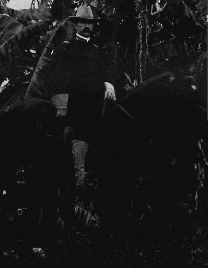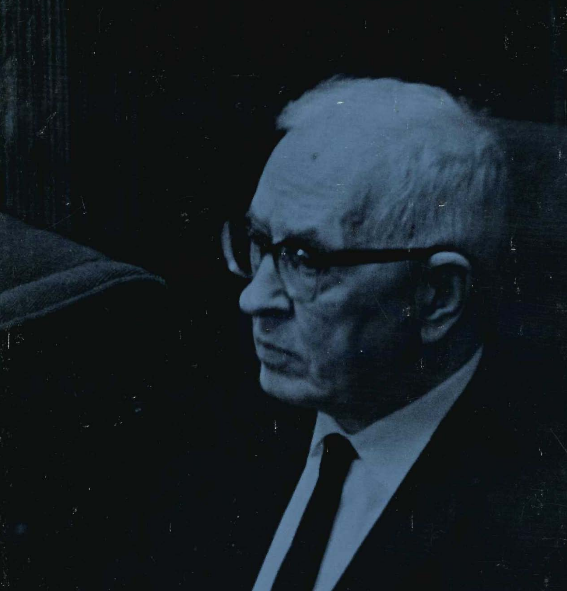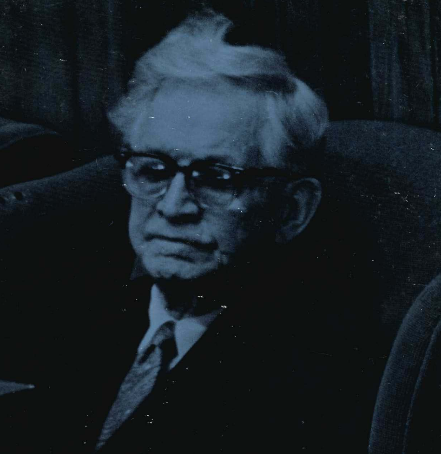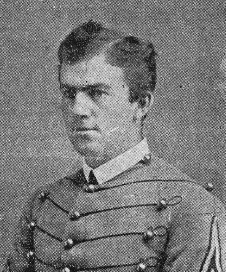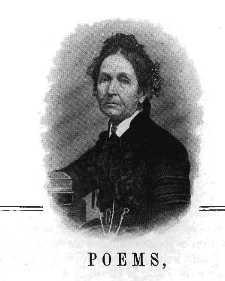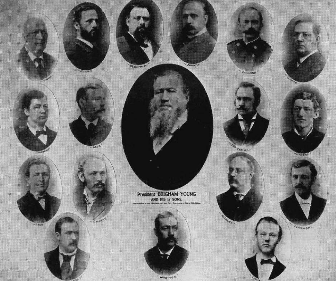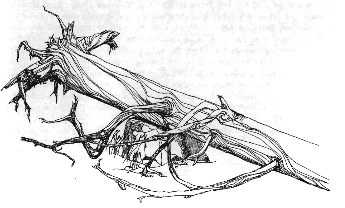President David O. McKay: 1873-1970: A Man of Love and Personal Concern
May 2, 2018I have had but few opportunities to come close to David O. McKay, but each time has proved to be personal, memorable, and cherished deeply. I have sensed that I have had a rare opportunity in…


